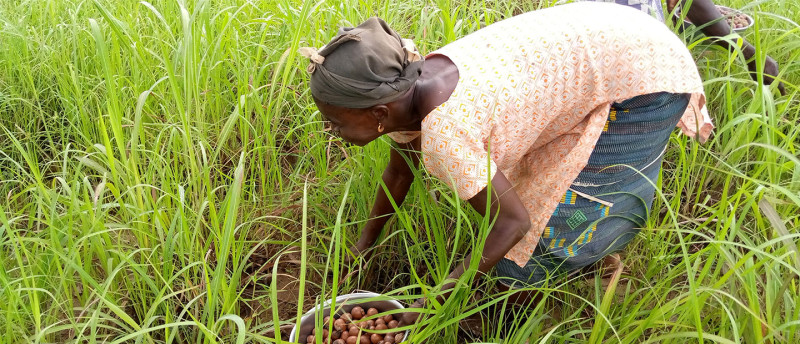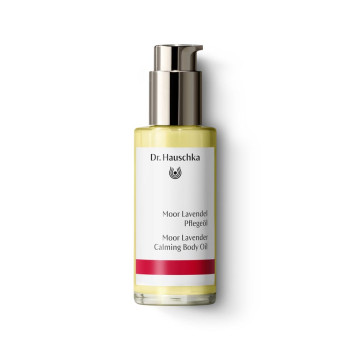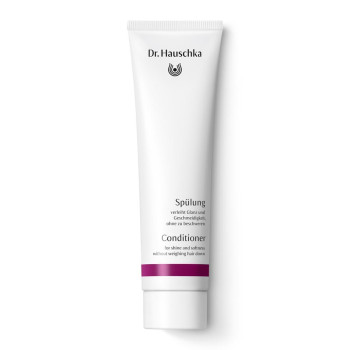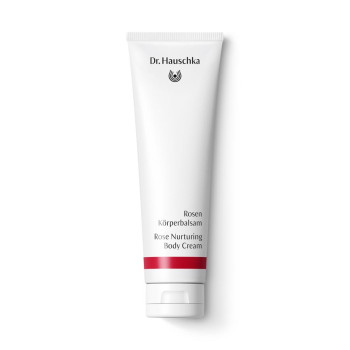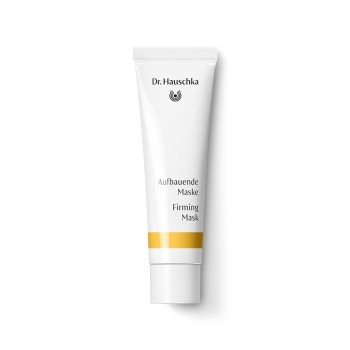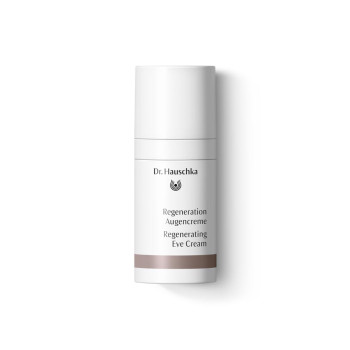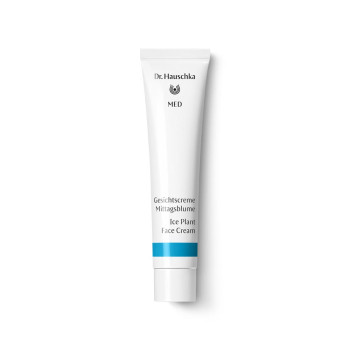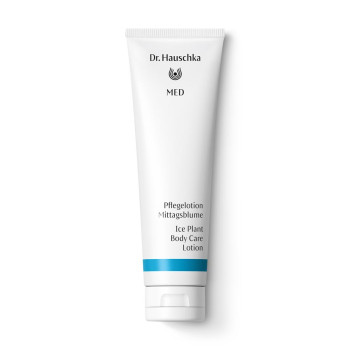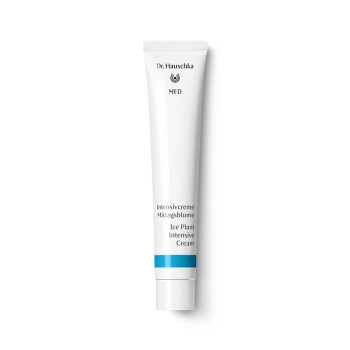Shea butter from Burkina Faso
Certified organic and fair-trade shea butter
The shea butter used in Dr. Hauschka Skin Care products comes from a company called Agrifaso, which is based in the region around Diarabakoko in the south-west of Burkina Faso. In 2001, a meeting with Agrifaso founder Hermann Schopferer prompted the beginning of a long-term partnership in certified organic shea butter. Up until this point, Agrifaso was mainly processing hibiscus and was on the lookout for marketing opportunities for other agricultural products local to this very rural region. Shea trees presented such an opportunity, as they grow wild here in designated and strictly protected areas.
Since 2019, this project is not only certified organic, but also fair trade. We pay a correspondingly higher price for this quality, which benefits many small farming families in 21 local villages. The extra money is invested in public health education and drinking water treatment, as well as in village development initiatives. For example, better equipment is purchased for schools, drinking water analyses are conducted, and first-aid kits are made available.
Women’s gold: Shea butter
Today, some 4,000 women collect shea nuts for Agrifaso using strictly controlled wild harvesting methods. Making shea butter has always been the domain of women. They have been manufacturing this valuable product by hand for generations – and using it not only for cosmetic purposes, but also as food. Traditionally, families here make their living from small-scale farming projects; there are practically no jobs outside of agriculture. They cultivate about 5–7 hectares of land to grow maize, millet, peanuts, some sesame, and occasionally rice or hibiscus. Most of it is used for their own food consumption, but any small quantities left over are sold at local markets. For the women, shea nut collecting therefore offers an important additional source of income.
The money earned through this ensures they are able to pay for basic essentials like food and medicines. But above all, they use it to pay school fees for their children – sometimes managing to put them through secondary education and, in the best cases, even training programmes or university. Today, some of the children from this region have gone on to secure good jobs with government organisations or smaller local companies.
Local processing
WALA’s approach to cultivation and raw material partnerships is to ensure that as much of the value chain as possible remains within the country of origin. It also wants its partners to operate independently of WALA. This is certainly the case with Agrifaso, which conducts almost all the processing of its shea nuts on site. The nuts are shelled by the women, dried, and placed in temporary storage in warehouses that are co-financed by WALA. Agrifaso, which has its head office in Bobo-Dioulasso, buys the nuts and brings them directly to its own processing plant with the help of transporters from the villages. Here, the shelled nuts are pressed under heated conditions and turned into shea butter. Agrifaso has 150 permanent employees, who ensure the continual production of shea butter to consistently high quality standards. It is only the refining that takes place in Europe.
A selection of Dr. Hauschka products that contain valuable shea butter

